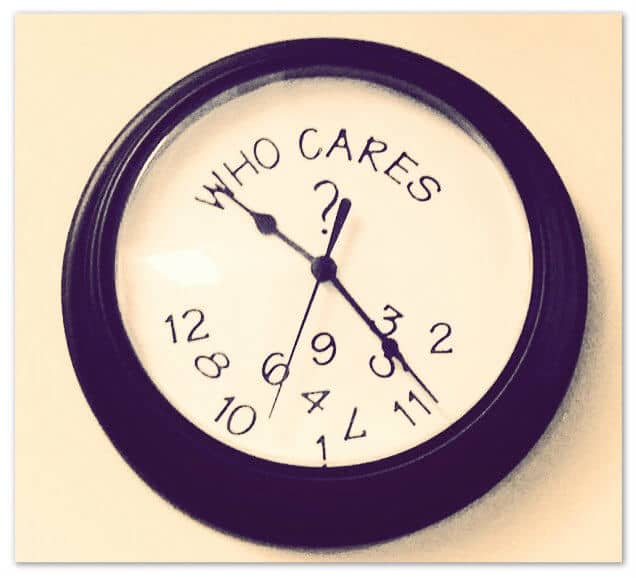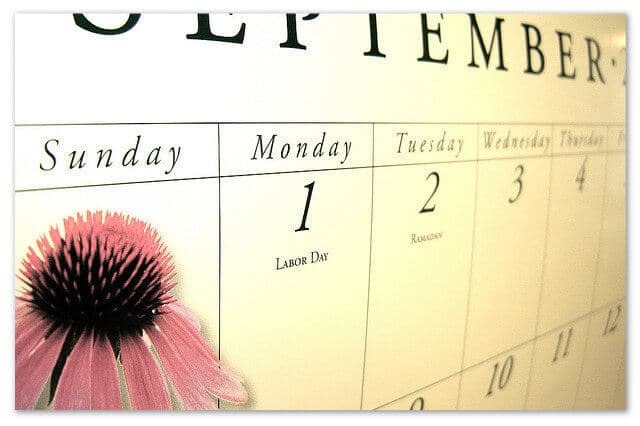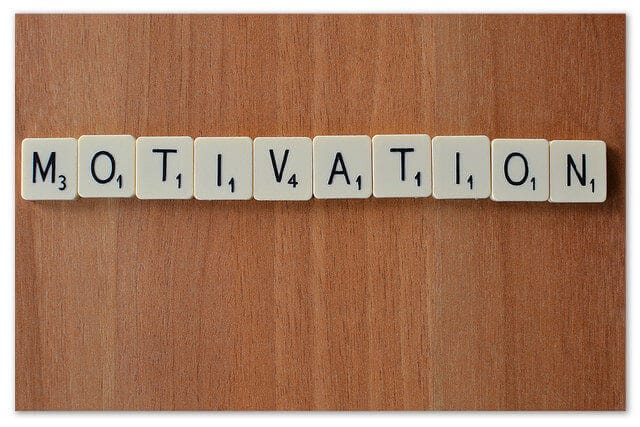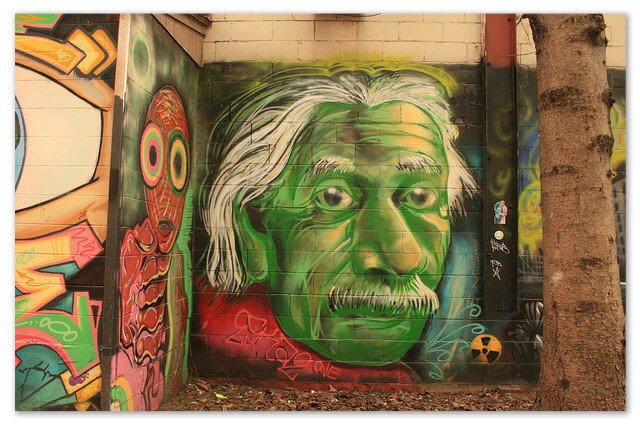How long does it take to learn a new language?
When talking about language learning this question comes up again and again. The truth is that there is no right answer, it depends on a lot of factors.
I started this blog seeing how far I could get in Spanish in 90 days and from knowing nothing to being close to intermediate is quite surprising to me, but then Spanish is supposedly one of the easier languages to learn. If I was to learn Mandarin or Russian, it might be a different story. As I have mentioned before, it depends very much on motivation; are you learning because you want to or because you have to?
Then there are all the different polyglots that claim to have the answer, saying you can become fluent in as little as three months. There’s no shortage of theories.
So how long does it take to learn a new language?
Since you are reading this, I assume that you’re interested in knowing more about this. Perhaps you’re not sure what language you’d like to learn – or maybe you’ve just started learning a new language and now you’d like to know how long it will take for you to be able to have an everyday conversation in your target language.
Like I said, there is no correct way to answer this question. For some people it might actually be possible to learn a new language fairly fast, while it will take others a lot longer. Whichever category you belong in, it’s a really good idea to have goals, long and short term.
You can start by asking yourself some of the following questions and then perhaps you can make your own assessment about how long it will take you.
1.Which language would you like to learn?
Steve Kaufmann has said a few times that once you have learned one language it’s easier to learn others, I assume that depends on the language. Like I stated in the beginning, depending on your native language there will be some that will be easier than others. If you already speak Spanish, then French and Italian will probably be pretty easy. Or if you speak Danish – like I do – picking up Swedish or Norwegian (that’s almost the same language, so maybe that doesn’t count) will take no time at all. Probably even as little as three months.
Italian and Spanish are slightly further removed from Danish and English but still similar enough that they can be learned (with enough time and dedication) in a relatively short time. However, Arabic and Mandarin would take someone like me ages. The completely different writing system that the learner has to get used to will obviously make things take longer.
2. How motivated are you?
Everything starts and ends with this question. If you haven’t got the motivation then learning a new language will be next to impossible. Learning a new language is a personal thing, so if you want it to go fast, you NEED TO BE MOTIVATED. There is simply no point in even starting if you don’t have the desire to learn. Nothing will sink in if you have no interest and you can study for years without learning anything.
That is why I keep saying that I prefer independent learning now that I have made a conscious decision to learn a language, rather than being made to learn something I wasn’t really into in school and by methods that meant squat to me.
The point is: It is very important that you have the motivation to learn the new language. If you can afford it, plan a trip somewhere they speak your target language, 3-6 months down the line. It’s a great motivator.
Say you live in Canada and want to learn Spanish, then plan a trip to Mexico or Puerto Rico and make small goals, such as “I want to talk to at least three people while I am there”. It will motivate you before going, so you’ll be able to communicate while there and, who knows, while there you might pick up a few things that you wouldn’t have otherwise, hopefully prompting you to continue after you get back.
3. Are you good at learning languages?
As much as all the polyglots would like to tell us that this doesn’t matter. I think it does, sorry folks. I am not saying that you can’t learn languages, because if you have a bag full of positivity and motivation, then sure you can. However if you don’t have a knack for learning a new language then it might take you longer than those that do. It shouldn’t put you off, perseverance will get you very far.
The question; Am I good at learning languages? However, should at least be part of the equation when you think about how long it will take you. And try to be honest with yourself. If you’re already good at picking up languages, then you’ll probably be faster than most people.
Like I said earlier; anyone who already speaks Spanish, won’t need to spend forever learning Italian for example. Germans, Danes, Swedes and Dutch people will have less trouble learning English than those that don’t already know a so-called Germanic language.
So again, How Long Does It Take To Learn A New Language?
Once you’ve asked yourself the 3 questions above you may get a general idea, but there is not one single answer that fits all. It all depends on how motivated you are and if you do things that you enjoy, so learning the language doesn’t become a boring chore.
If it’s the very first time you are trying to learn a new language it could take a while, even with heaps of motivation and a knack for language learning.
On the other hand, if you’ve found a method that’s just right for you, whether it be LingQ, Pimsleur, Duolingo or language classes and you’re having a great time learning, you could get there in no time. There are many many things to take into consideration.
It all comes down to this: Motivation is everything! Who cares how long it takes.
Learn Spanish Faster Using LingQ
LingQ is the best way to learn Spanish online because it lets you learn from content you enjoy! You can import videos, podcasts, and much more and turn them into interactive lessons. Keep all your favourite language content stored in one place, easily look up new words, save vocabulary, and review. Check out our guide to importing content into LingQ for more information.
LingQ is available for desktop as well as Android and iOS. Gain access to thousands of hours of audio and transcripts and begin your journey to fluency today.





